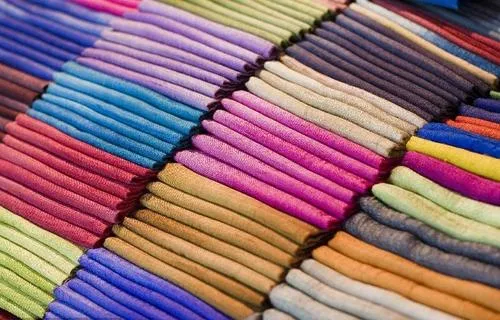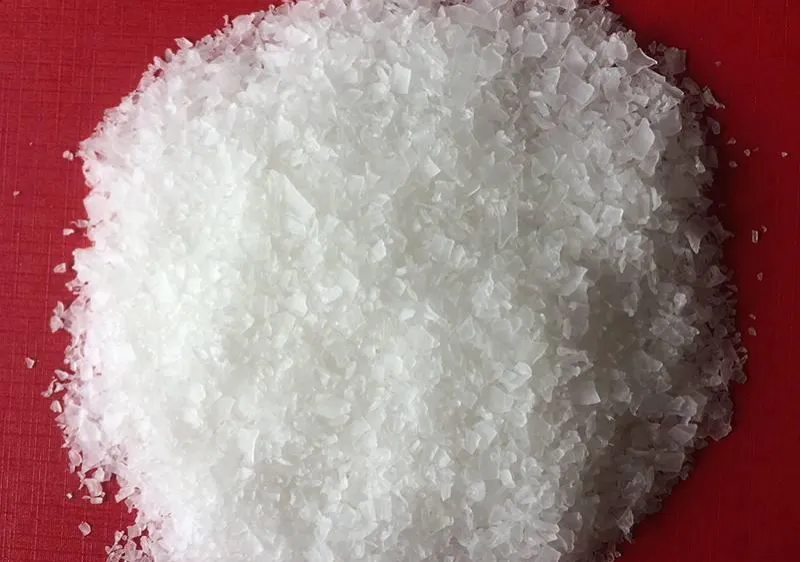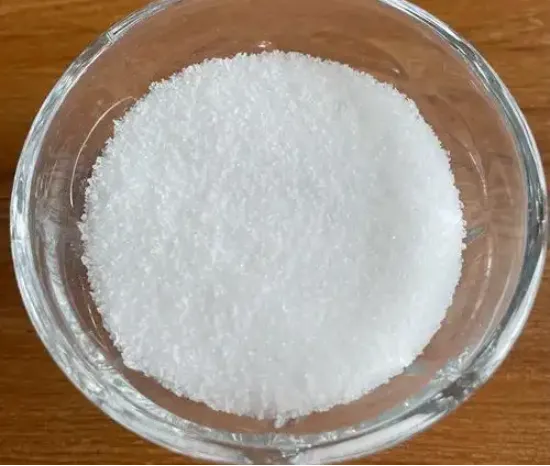
Exploring the Versatility of PVA: A Material for Modern Industry and Construction
Polyvinyl alcohol (PVA) is a synthetic polymer that has proven to be an essential ingredient in many industrial and construction applications. Its water solubility, excellent film-forming abilities, and compatibility with other materials make it a top choice in coatings, textiles, adhesives, and concrete reinforcement. With an increasing shift toward environmentally responsible materials, PVA material is receiving more attention for its biodegradability and safety.

Functional Benefits of PVA Across Industries
A key advantage of PVA lies in its PVA solubility—the ability to dissolve uniformly in water under controlled conditions. This unique trait enables PVA to serve as a carrier or bonding agent in numerous formulations. When mixed with water, it forms a PVA solution that can be used in adhesives, coatings, and textile sizing. Because of its versatility and safety, PVA in water is widely utilized in both industrial production and lab settings.
One common form of application is the polyvinyl alcohol emulsion, a stable water-based formulation often used in paper coatings, paint binders, and textile finishing. It offers excellent film strength, adhesion, and flexibility—qualities that are critical in packaging, construction, and paper processing. For those needing a more tailored solution, specific grades like PVA 2699 offer high performance in film formation and adhesion, commonly used in sensitive applications such as electronics or high-grade adhesives.
In construction, PVA can also be combined with PP fiber (polypropylene fiber) for enhanced reinforcement in concrete. This blend improves crack resistance and structural integrity, making it suitable for flooring, wall panels, and precast elements. As demand for high-performance materials grows, combining plastic PVA with synthetic fibers opens new possibilities for resilient, lightweight building materials.

Supply Chain and Packaging Solutions for PVA
With global industrial demand rising, sourcing the right form and quantity of PVA is increasingly important. Many businesses now rely on bulk PVA bags to supply large-scale operations, whether in textile mills, construction firms, or adhesive manufacturers. These bulk packages, often ranging from 20 kg to 1 ton, offer cost-effective storage and logistics solutions for high-volume users.
Purchasing in bulk not only reduces the per-unit cost but also ensures a consistent supply of material across production cycles. Bulk PVA is typically offered in granule, powder, or emulsion form, depending on the intended use. For water-soluble applications, powdered grades are often preferred due to their easy dissolution and flexibility in formulation.
To ensure performance and reliability, it’s essential to work with trusted PVA manufacturers. Leading manufacturers provide consistent quality, technical data sheets, and support for customized requirements such as hydrolysis degree, viscosity, and formulation assistance. Whether you're dealing with PVA 2699 for adhesives or looking for standard-grade plastic PVA for construction additives, a knowledgeable supplier can help match the right material to your application.
As industries continue to shift toward more sustainable, high-performance materials, PVA stands out as a valuable and adaptable solution. From polyvinyl alcohol emulsion to PP fiber integration and PVA in water, its role is set to expand across multiple sectors.

Bulk PVA Bags – Commonly used by manufacturers and contractors to store and transport large volumes of PVA efficiently.
PP Fiber – A synthetic fiber often used in conjunction with PVA to reinforce concrete and reduce shrinkage cracking.
PVA Material – Refers to the base polymer known for its strength, film-forming abilities, and water solubility.
PVA Solution – A water-based mixture used in adhesives, coatings, and textile treatments.
PVA Solubility – The capacity of polyvinyl alcohol to dissolve in water, allowing for a wide range of uses in liquid formulations.
PVA in Water – A simple yet effective solution used in construction, adhesives, and coating applications.
Polyvinyl Alcohol Emulsion – A dispersion used in surface coatings, textile finishing, and packaging adhesives.
PVA Manufacturers – Companies specializing in the production of various grades of PVA for industrial and commercial use.
PVA 2699 – A high-grade version of polyvinyl alcohol, used where strong film formation and adhesion are required.
Plastic PVA – A reference to solid or flexible PVA forms used in molding, packaging films, and biodegradable plastics.
From construction to textiles and advanced manufacturing, PVA is an adaptable material with significant functional and environmental benefits. With its water solubility, bonding power, and compatibility with fibers like PP fiber, PVA enhances the performance of products across multiple industries. Whether you're sourcing bulk PVA bags, working with PVA solution, or developing new materials with plastic PVA, the right choice of PVA material—and the support of reliable PVA manufacturers—can elevate product quality, durability, and sustainability.
-
Unlocking the Value of Cellulose: Types, Derivatives, and Industrial ApplicationsNewsAug.07,2025
-
Unlocking the Power of Cellulose: Types, Applications, and Future InnovationsNewsAug.07,2025
-
Understanding HPMC: Properties, Applications, and Market InsightsNewsAug.07,2025
-
The Versatility and Industrial Value of Cellulose-Based MaterialsNewsAug.07,2025
-
Hydroxypropyl Methyl Cellulose (HPMC): Uses, Grades & Construction BenefitsNewsAug.07,2025
-
Exploring the World of Cellulose: Types, Derivatives, and Industrial UsesNewsAug.07,2025





















